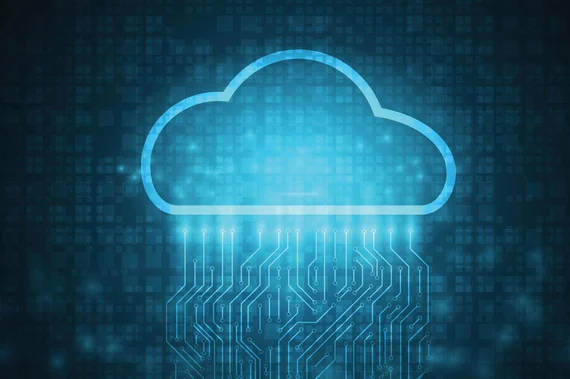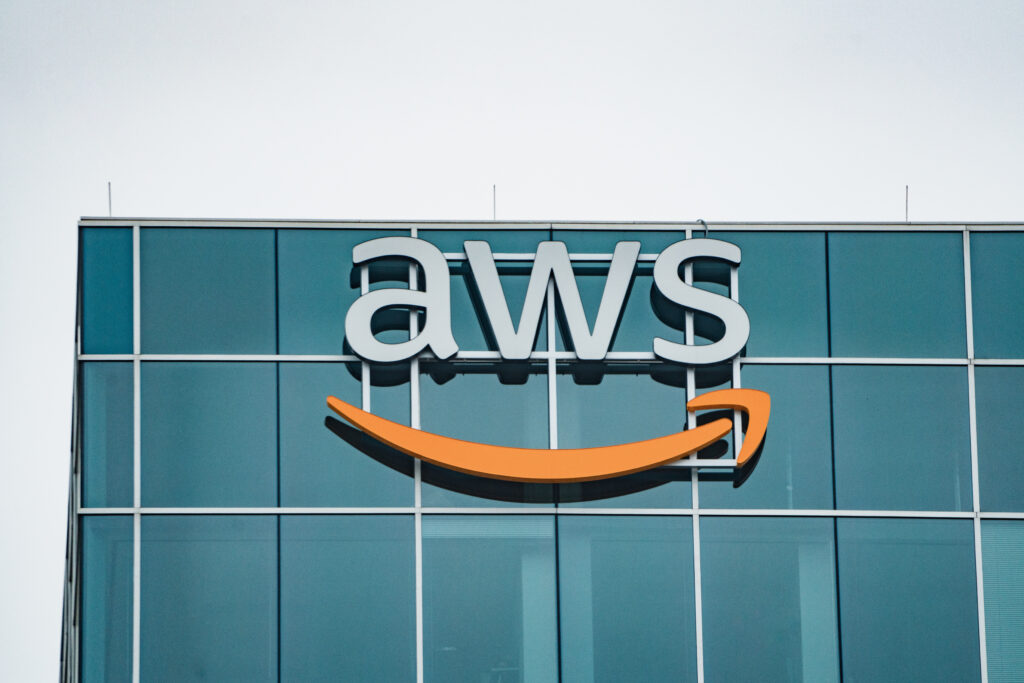Despite Cybersecurity Month being a few weeks behind us now, the innovations never stop, especially when something in the water has triggered an AI infusion with many firms, along with an overall impetus to be more proactive with enterprise security measures.
While the enterprise industry was quick to utilize AI to enhance process efficiency and save costs and time, it’s taken a bit longer for cybersecurity to latch on and become proactive with implementing artificial intelligence to give security tools a much needed boost.
Capgemini’s GenAI cybersecurity report
Digital transformation consultant, Capgemini, and its research institute,The Capgemini Research Institute, unveiled its latest report: “New defences, new threats: What AI and GenAI bring to cybersecurity”, helping spread awareness about integrating AI with security measures. Regarding threats, 97 percent of all organizations surveyed revealed they have encountered breaches or security issues related to the use of GenAI.
The increased adoption of GenAI introduces new risks, like more sophisticated attacks, a larger cyber-attack surface and increased vulnerability for custom GenAI solutions. Despite the risks, the majority of those surveyed believe that GenAI is essential for effective threat response – leveraging AI not only enhances proactive defence strategies, but it can also speed up the detection of cyber incidents.
Accenture leverage GenAI to boost cybersecurity resilience
Reinforcing how GenAI could be the next big innovation, and risk, in the cybersecurity space, advisory service provider Accenture released research findings that reveal a 223 percent rise in the trade of deepfake tools on the dark web. Accenture’s research highlights the need to adopt AI-driven cybersecurity measures that make it easier to detect and respond to attacks as they happen.
To help combat the rise of GenAI-enhanced threats, Accenture expanded its security tool offerings with Accenture mySecurity, a centralized suite of security apps that integrate GenAI with cyber-resilience services across supply chain and cloud assets, which can ultimately help drive efficiency when protecting against AI-driven threats.
Accenture’s cybersecurity workforce, after multiple security acquisitions, has reached over 25,000 professionals. To support the new GenAI security initiatives, Accenture is expanding its network of Cyber Future Centers, with new locations in Brussels and Washington, D.C.
Dell unveil AI and cybersecurity solutions at Microsoft Ignite
Picking up the market trend of enhancing existing tech with artificial intelligence, tech giant Dell announced Dell Services for Microsoft Copilot Studio (low code) and Azure AI Studio (pro code) at this year’s Microsoft Ignite event, in response to Microsoft’s ongoing push of its own Copilot AI assistant and Copilot+ PCs. The new service from Dell aims to help customers get to grips and begin developing with AI quickly and effectively.
Alongside new Microsoft and Azure services, Dell announced that APEX Protection Services for MS Azure is now available as a Dell managed service. The protective suite can provide secure storage, encryption, multi-factor authentication, a cyber vault to keep the most sensitive data secure and AI analytics to help detect cyber attacks and recover in the event of an attack.
Finally for Dell, the tech company has rolled out the Cybersecurity Maturity Model Certification alignment for U.S. federal contractors for Microsoft, with the intent to help companies comply with Department of Defence CMMC standards. CMMC version 2.0 is planned to be rolled out in 2025 and included in DoD contracts from December 2024.
Amazon Web Services show dedication to cyber resilience
Once again demonstrating an industry-wide renewed motivation for digital defences, Amazon Web Services (AWS) has joined the Sheltered Harbor Alliance Program, a non-profit consortium dedicated to enhancing cyber resilience within the financial sector. The collaboration’s aims are to simplify the building of cyber vault capabilities for AWS users, reinforce defences against ransomware attacks, boost operational efficiency and help remain compliant with regulatory mandates.
“As the frequency and sophistication of cyber-attacks continue to escalate, financial institutions must have robust data protection and recovery strategies in place,” said Scott Mullins, general manager of worldwide financial services at AWS. “The Sheltered Harbor partnership demonstrates AWS’s commitment to continuously innovating to meet the unique security and resilience requirements of the financial services industry.”
With a seeming, all-encompassing shift towards more robust cyber defences, it’s easy to see why many companies are keen to take advantage of AI capabilities. As hacker techniques and software grow more sophisticated, it’s up to businesses to be proactive with their digital defences if they want to properly control the fallout of an attack.





